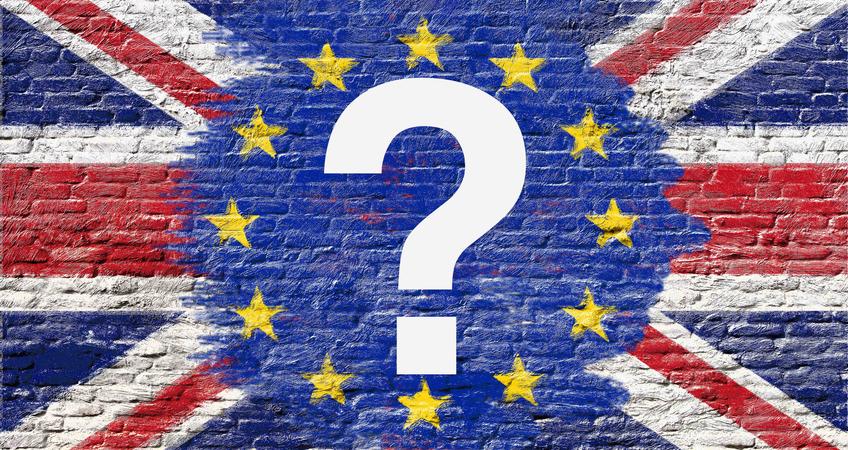UK economy grows by 0.3%
July 27, 2017 | Expert Insights

The economic momentum of the Britain has slowed down. The Office of National Statistics has released data confirming that UK’s GDP has increased by 0.3%.
This had already been predicted by a number of forecasts. A spike in inflation and the slump in the pound have been blamed for the slow down.
Background
In 2016, Britain narrowly voted to leave the European Union. Experts have voiced concerns over the stability of the region’s economy post Brexit. At first it seemed optimistic as UK’s economy grew in a higher than expected rate for the first three months after the vote. But this trend reversed in 2017.
Based on its performance post the vote, the International Monetary Fund had predicted that the UK would grow at 2% in 2017. However, it lowered its forecast in July announcing that growth rate was likely to be 1.7%. Commenting on the growth, IMF said that UK’s performance has been “tepid.”
Analysis
Maurice Obstfeld, the IMF’s economic counsellor has said that the full impact of Brexit “remains unclear.” UK’s pound weakened as the country began negotiations with EU officials. This seems to have contributed to the deceleration.
The Chancellor of UK, Phillip Hammond has commented noting, “Consumers are being affected by the inflation that was created by the depreciation of the currency in the autumn of last year. That will pass through the economy, but I absolutely recognize it’s painful as it’s passing through the economy.” In an earlier interview, he had also admitted that businesses were hesitant to invest in UK.
Inflation is also a key reason. It has climbed to a four-year high and has thus affected consumer spending. Import prices have also gone up. Hammond added, “We need to focus on restoring productivity growth to deliver higher wages and living standards for people across the country. That is why we are committed to investing in infrastructure, technology and skills to deliver the best possible base for strong future growth.”
The strong performance of Britain’s service sector has been attributed as the reason for its current growth rate in the second quarter.
Assessment
Our assessment is that the faltering Brexit negotiations have led to a fall in investor confidence in the UK. IMF was even less optimistic about its estimates for 2018 where it has predicted that UK will grow by 1.5%. Companies also lack clarity on the role UK will play post Brexit and that could affect the region in the long run.








Comments